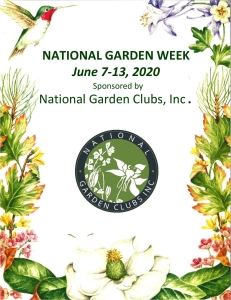In the spring, Roswell gardeners flocked to nurseries and big box stores to purchase colorful annual plants for containers and beds. If the honeymoon is over and your annual plants are dormant and stressed, they can be revitalized. With the right care and maintenance, annuals will brighten the landscape from spring through fall.
Annual plants need water to thrive and bloom. Drought conditions prevail in Georgia during the summer months. Most annuals require at least 1-1½” of water per week. Containers require daily or twice-daily watering during the summer and into October, Georgia’s driest month. Smaller pots require more hydration because they dry out quickly.
“Deadhead” or prune to encourage new blooms and growth. An annual completes its entire life cycle in a single growing season. It grows from seed and works to produce more seeds with every bloom. Gardeners must remove dead blooms to discourage the plant from putting all its effort into seed production. Not all annuals require “deadheading.” Some, such as petunias, benefit from heavy pruning. Cutting them back in July will encourage profuse blooming.
Lack of nutrients causes poor performance in annuals. For the best results, annuals must be fertilized. General purpose fertilizers such as 10-10-10 must be reapplied every 6 weeks throughout the growing season. Use slow-release fertilizers to reduce the number of applications. Water soluble fertilizers are particularly good for container plants because the nutrients are leached from pots due to frequent watering.
Monitor your annuals throughout the summer and make notes. At season’s end, do some reading and formulate a plan for increased success next year. Get a soil test and amend the soil in planting beds according to the results. For more vibrant containers, consider using special nutrient-rich potting soil mixes which are widely available. Plant selection is key; know your property’s mix of sun and shade to make an informed decision.
If you want to know more about how to select and grow annuals successfully, go to extension.uga.edu/publications and read Flowering Annuals for Georgia Gardens, Bulletin B954.

